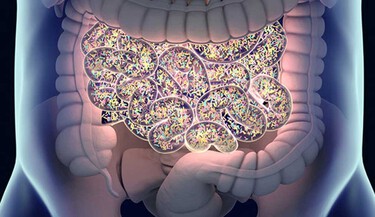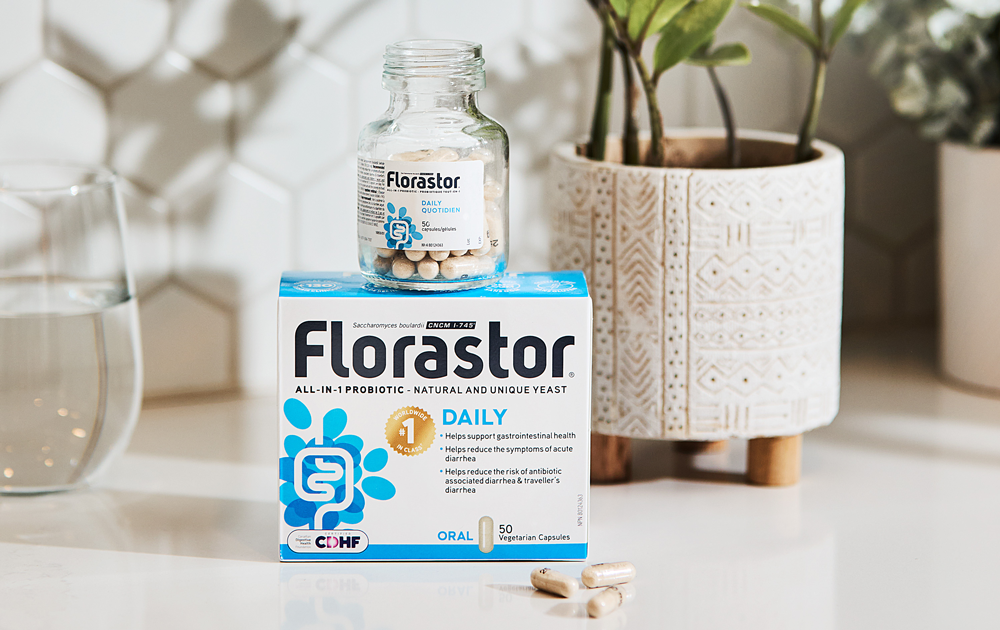The gut microbiome contains the genetic material for all microbes that live in the intestinal tract, including bacteria, fungi, protozoa, and viruses. A symbiotic refers to a preparation that is a mixture of probiotics and a prebiotic that selectively promotes the probiotic.
Did you know that there are more microbial cells in us than human cells? The extent to which microbes influence our lives, our health and even our decision making is certainly not surprising, with 150 times more genetic control. To maintain health and survival, a collective microbiome is essential. Our microbes modulate our immune systems to judge friends of enemies, break down and consume nutrients for which we lack enzymes, and provide our skin, mucous membranes and intestines with a living barrier against pathogens.
What is dysbiosis / gut microbiota imbalance?
We talk about dysbiosis when our intestinal flora is out of balance. There will then be several impacts on health: fatigue, diarrhea, constipation, bloating, immune deficiencies or intestinal disorders. In some more severe diseases, dysbiosis may also be involved.
Antibiotics can kill the good bacteria that are in the gastrointestinal system and can change it dramatically, causing long-term disturbances. Diarrhea is a common side effect of using antibiotics, signaling an alarm in your gastrointestinal system.
Florastor reduces the incidence of diarrhea associated with antibiotics and restores harmony to your intestinal flora.
Probiotics have been used for decades to treat a number of ailments, but what is the reason for their application? In the early 19th century, such treatment was first suggested based on the results of reducing populations of bifidobacteria in children with diarrhea, indicating that oral intake of bifidobacteria can replenish this microbiota subpopulation and improve health. Since then, in a number of illnesses, studies have shown changes in the gut or skin microbiota and have indicated the beneficial effects of these probiotics.
With the increase in next-generation sequencing, areas historically considered sterile have been found to have their own microbiota, such as breast tissue, liver, brain, and bladder. Numerous studies have found that virtually all processes in our body are linked to our gut flora, and scientists have shown that changes in the makeup of the microbiome can be caused by different factors.
In the 1980s, while studying the pathogenesis of urinary tract infections, Dr. Gregor Reid suggested the idea of a “natural flora”, but the ability to use microbes to support the host (probiotics) is now worldwide, scientifically valid and of increasing importance.
Florastor: your best ally against dysbiosis!
Florastor ® probiotic is your best ally for restoring your intestinal microbiota and promoting favorable gut flora. Vegetarian, gluten-free and non-GMO, It is also the only probiotic resistant to any tested antibiotic* and prevents antibiotic associated diarrhea.
So always remember, when taking antibiotics, pair with Florastor!
* Any tested oral antibiotic according to Neut et al. 2017 (Penicillin, cephalosporin, macrolides, fluoroquinolones and others)

.jpeg?sw=375&sfrm=png&q=90)


